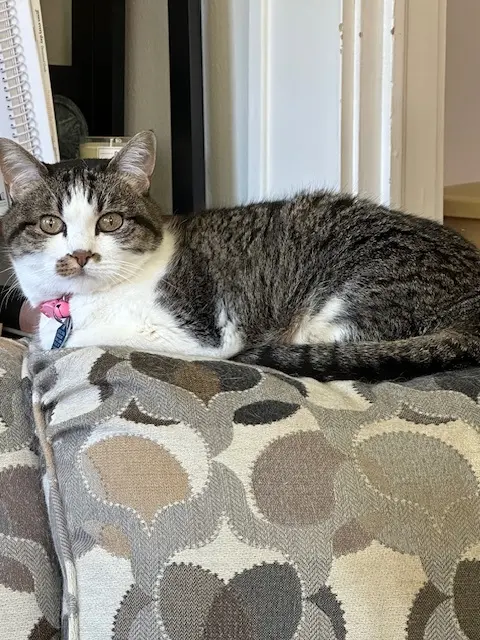If you and your spouse are getting divorced and have a pet, you already know how emotional the situation can become. Pets are more than property. They’re family. But under Texas law, pets are technically considered property. That means the court isn’t required to give you a custody or visitation schedule for your furry friend. However, that doesn’t mean you’re out of options.
Your Pet Is Family, But the Court Sees It Differently

In a traditional courtroom setting, a Judge may not want to deal with disagreements about pets. The Court won’t value your pet at the intrinsic value you would value him or her at – instead, they would use the value that a willing buyer would pay a willing seller for that type of animal. In fact, some Judges may even refuse to sign off on a “custody-type” visitation schedule. Unfortunately, that means your pet’s needs may not be considered unless you and your spouse work it out yourselves.
Collaborative Divorce Gives You Flexibility
If your pet’s well-being matters to you – and we know it does – a Collaborative Divorce gives you much more control over your fur baby’s future. You and your spouse can work together to create a plan that is flexible enough for everyone, including your pet. For example, if you have children, the pet can follow the same parenting schedule, so the kids and their pet share as much time as possible, together. If one person works from home, maybe that person should care for an older or sick pet who needs more attention. These decisions can be customized to your situation if you avoid going to court and choose to work together either in a Collaborative Divorce or mediation.
When Pets Are Part of Your Livelihood

In some families, pets are more than companions. You or your spouse may breed animals for income or keep livestock like chickens, goats, or horses on your property. These animals might play an important role in your financial stability. In Collaborative Divorce, you can address issues like who will continue running the breeding business, who will stay on the property where the animals live, and how to divide the value and care of these animals. These types of decisions are much harder to work out in court, but collaboration allows for creative and respectful solutions.
What About Pet Expenses?
Pets can be expensive, sometimes just as much as kids. If your pet has health issues, medications, or special dietary needs, those costs can add up quickly. In a Collaborative Divorce, you can agree on how to split veterinary bills, grooming, food, and other care. If you’re sharing time with the pet, you might also share these financial responsibilities.
Think About What’s Best for the Pet
It’s easy to let emotions take over during a divorce, but when it comes to your pet, try to focus on their well-being. Do they need space to run around? Do they have a stronger bond with one person? Does one of you work from home and have more time for them? Making these decisions based on what your pet needs, not what you want, can lead to a healthier outcome for everyone.
Contact Paula Lock Smyth Law Offices
At Paula Lock Smyth Law Offices, we understand how important your pets are during a divorce. We offer compassionate guidance and collaborative solutions so your beloved animals can stay safe and well cared for. Contact us today at 214-420-1800 to schedule a consultation. Our office is located at 2911 Turtle Creek Blvd., Suite 300, Dallas, TX 75219.
Paula Lock Smyth has practiced law in Texas since 1985, focusing on Family Law, Probate, Mediation, and Collaborative Divorce. She is a trained mediator, seasoned litigator, and one of the early adopters of Collaborative Divorce in Texas. Paula is a member of the State Bar of Texas, the College of the State Bar and the Texas Bar Foundation and has served as Past President of Dallas Lawyers Concerned for Lawyers. She was a Master in the Annette Stewart Inn of Court and is a Charter Member of the Collaborative Law Institute of Texas. Her legal knowledge and decades of experience make her a trusted voice on matters that impact families across Dallas and surrounding counties.
